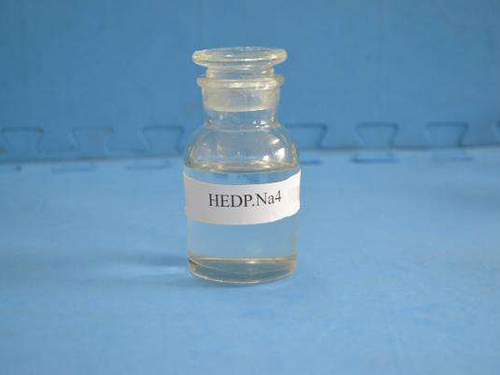Effective Solutions for Preventing Limescale Buildup in Water Systems and Appliances
Understanding Limescale Inhibitors A Comprehensive Guide
Limescale, a common problem in many households, is the result of hard water deposits primarily composed of calcium and magnesium. When water containing these minerals evaporates, it leaves behind a white, chalky residue that can accumulate in pipes, appliances, and fixtures. Not only is limescale unsightly, but it can also lead to significant operational problems and costly repairs. This is where limescale inhibitors come into play, providing a simple and effective solution to combat this issue.
What Are Limescale Inhibitors?
Limescale inhibitors are chemical agents designed to prevent the formation of limescale in water systems. They work by altering the properties of the mineral ions in water, preventing them from crystallizing and settling within pipes and appliances. This means that instead of hard deposits forming, the minerals remain suspended in the water and can be easily flushed away.
There are several different types of limescale inhibitors available on the market, each utilizing various chemical mechanisms. Some common types include
1. Polyphosphate-based Inhibitors These work by complexing with calcium and magnesium ions, preventing their ability to form limescale. 2. Sodium Hexametaphosphate This form acts similarly to polyphosphates, keeping the minerals in solution.
3. Organic Inhibitors Some inhibitors utilize organic compounds that can interfere with the crystallization process, thus reducing scale buildup.
How Do Limescale Inhibitors Work?
Limescale inhibitors operate mainly through two mechanisms threshold inhibition and crystal modification.
- Threshold Inhibition This mechanism prevents limescale formation up to a certain concentration of minerals. When the mineral content exceeds this threshold, the inhibitors still manage to keep them in a dissolved state, therefore minimizing deposits.
- Crystal Modification This approach alters the structure of crystal formation when minerals begin to precipitate. Instead of forming hard, irreversible deposits, the minerals form smaller, softer crystals that are less likely to adhere to surfaces, thus allowing them to flow through the system without causing damage.
limescale inhibitor

Benefits of Using Limescale Inhibitors
The advantages of using limescale inhibitors are manifold
- Cost Savings Regular application of limescale inhibitors can help prolong the lifespan of appliances such as water heaters, coffee makers, and dishwashers, thereby avoiding the costs associated with repair and replacement.
- Energy Efficiency Limescale acts as an insulator, forcing appliances to work harder to generate the same output of heat or power. By preventing limescale buildup, appliances can operate more efficiently, leading to lower energy bills.
- Improved Water Quality By controlling limescale, you can ensure that your water quality remains high, free from unwanted tastes and odors that can arise from mineral deposits.
Application in Various Settings
Limescale inhibitors are not only beneficial in residential settings but also play a critical role in commercial and industrial applications. Hotels, restaurants, and manufacturing plants often rely on these inhibitors to maintain the performance of their water systems, minimize downtime, and enhance the quality of their services.
In the agriculture sector, limescale inhibitors can be crucial for irrigation systems, thereby optimizing water use and improving crop yields.
Conclusion
Limescale inhibitors present an effective and sustainable solution to the problem of hard water deposits that plague many systems. By understanding their mechanisms and benefits, consumers and businesses can make informed decisions on how to protect their investments and maintain optimal performance in their water-dependent processes. Whether for home use or industrial applications, using limescale inhibitors fosters a more efficient and cost-effective way to manage hard water issues, ensuring a better experience overall in water usage and appliance functionality.
-
Water Treatment with Flocculant Water TreatmentNewsJun.12,2025
-
Polymaleic AnhydrideNewsJun.12,2025
-
Polyaspartic AcidNewsJun.12,2025
-
Enhance Industrial Processes with IsothiazolinonesNewsJun.12,2025
-
Enhance Industrial Processes with PBTCA SolutionsNewsJun.12,2025
-
Dodecyldimethylbenzylammonium Chloride SolutionsNewsJun.12,2025





